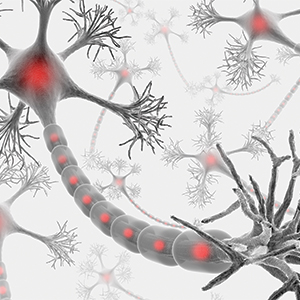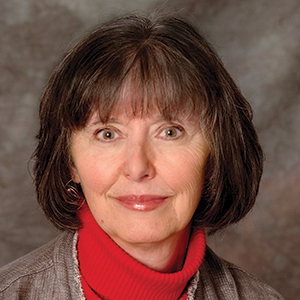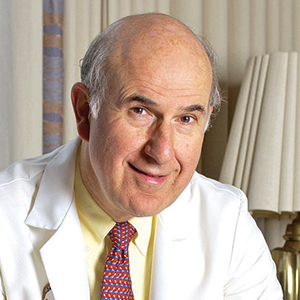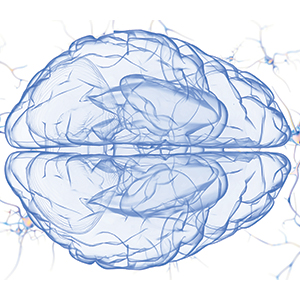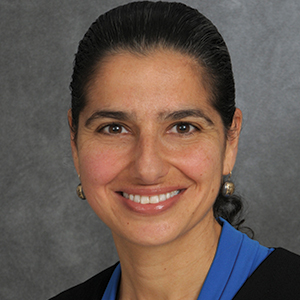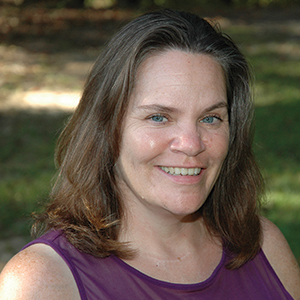Winter 2017/2018 Vol. 07 Issue 04
-
From the Editor-in-Chief
Team Science: A Winning Approach to ResearchResearch teams have been highly successful in discovering cancer breakthroughs.
by William G. Nelson, MD, PhD
-
Your Cancer Guide
Talking With Your Children About DyingPrepare to be open with children when cancer treatment has stopped working.
by Hester Hill Schnipper
-
Caregiving With Confidence
Make Your PlansDon't let cancer get in the way of scheduling future activities.
by Aimee Swartz
-
Policy Matters
Keep Safeguards That Protect Americans With CancerProtections contained in the Affordable Care Act that benefit cancer patients and survivors shoulds be preserved in any effort to replace or repeal the act.
by Gilbert S. Omenn, MD, PhD
-
A Call to Care
Caregivers for cancer patients find themselves playing a complex and vital role as care shifts from the hospital to the home.
by Kate Yandell
-
Targeting Brain Cancer
Researchers are trying to understand brain cancer at the molecular level. Their goal is to find new, more effective therapies for this hard-to-treat disease.
by Stephen Ornes
-
The Cost of Treatment
As efforts to change or repeal the Affordable Care Act continue, health care bills keep piling up for many cancer patients and caregivers.
by Sue Rochman
-
Survivor Profile
A Second ChanceAfter the deaths of her sister and mother from cancer and a bout with osteosarcoma as a teenager, Court Simmons vowed to “do something amazing” with her life. Her goal is to be a pediatric oncology nurse.
by Lindsey Konkel
-
Q&A
Why Fat MattersCancer epidemiologist Cornelia Ulrich discusses research that explores how fat cells and cancer cells communicate.
by Marci A. Landsmann
-
Sound Advice
Your Questions, Our AnswersHelping a parent who is reluctant to report her symptoms, responding to those who want to assign blame for cancer, and assessing new treatments with your doctor.
-
Get Involved
A Running StartCancer to 5K offers exercise training and support to cancer survivors at all fitness levels.
by Brenda Conaway
-
In the Moment- Winter 2017/2018
Lauren Chiarello Mika, Sandy Russell, Christopher Rios.
Multiple myeloma survivor Jonathan Gluck reflects on uncertainty, and the scientific progress that has kept him living with cancer for more than two decades.
by Eric Fitzsimmons
The Enduring Importance of Cancer Disparities ResearchOpening session from AACR conference highlights how perseverance and adversity have informed cancer disparities research over the years.
by Eric Fitzsimmons
Most Cancer Survivors Don’t Meet Healthy Diet GoalsDespite research linking fruits and vegetables to cancer survival, many people do not change their eating habits after diagnosis.
by Darlene Dobkowski
Many People Don’t Get Colonoscopy After Receiving Abnormal Blood TestsAbout half of people who receive abnormal results from colorectal cancer screening tests don’t follow up with a colonoscopy.
by Laura Gesualdi Gilmore




